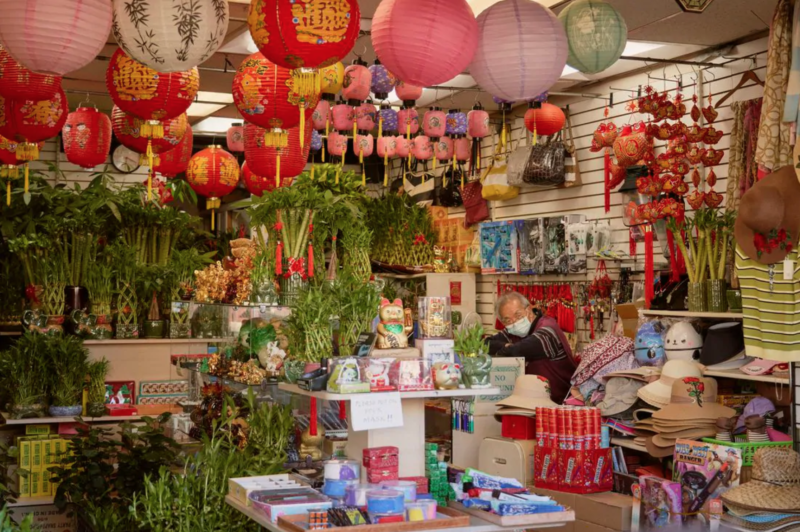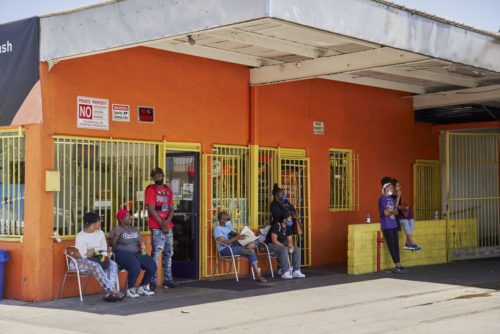A new gentrification crisis
Share
Explore Our Galleries
Breaking News!
Today's news and culture by Black and other reporters in the Black and mainstream media.
Ways to Support ABHM?
The coronavirus recession could wipe out minority-owned businesses, fueling displacement from historic ethnic neighborhoods
By Tracy Jan, The Washington Post
When the newly retired firefighter opened South L.A. Cafe in November, he was the latest in a string of Black entrepreneurs hoping to contain the spread of gentrification in South Los Angeles.
Facing the development of luxury condos, hotels and upscale restaurants that many residents cannot afford, Joe Ward-Wallace opened a coffee shop and market where neighbors can linger and buy fresh food. Sales increased by 10 percent each month, he said, part of a renaissance of Black-owned cafes and other businesses in the historically African American community.
“It was a tactic for cultural preservation,” Ward-Wallace said. “We were on an upward swing right before covid to reclaim our community.”

One of the first areas to feel the economic impact of the coronavirus, Chinatown has been empty of tourists since February.

Then the coronavirus pandemic ground the nation’s economy to a halt. Overnight, business at South L.A. Cafe dropped 70 percent. Ward-Wallace furloughed nine of his 10 employees.
The recession threatens to devastate Black commercial districts and other ethnic enclaves that fuel the vibrancy, economies and identities of American cities. In many cases, these neighborhoods were the products of earlier generations of discrimination, including racial segregation and redlining. Now, entrepreneurs of color are being pushed out.
In Los Angeles, business owners, community leaders and economists predict that months of shutdowns will hasten the gentrification that has encroached on Black, Asian and Latino communities in South L.A. (formerly known as South Central), Chinatown and Boyle Heights since the Great Recession…
Read full article here









Comments Are Welcome
Note: We moderate submissions in order to create a space for meaningful dialogue, a space where museum visitors – adults and youth –– can exchange informed, thoughtful, and relevant comments that add value to our exhibits.
Racial slurs, personal attacks, obscenity, profanity, and SHOUTING do not meet the above standard. Such comments are posted in the exhibit Hateful Speech. Commercial promotions, impersonations, and incoherent comments likewise fail to meet our goals, so will not be posted. Submissions longer than 120 words will be shortened.
See our full Comments Policy here.